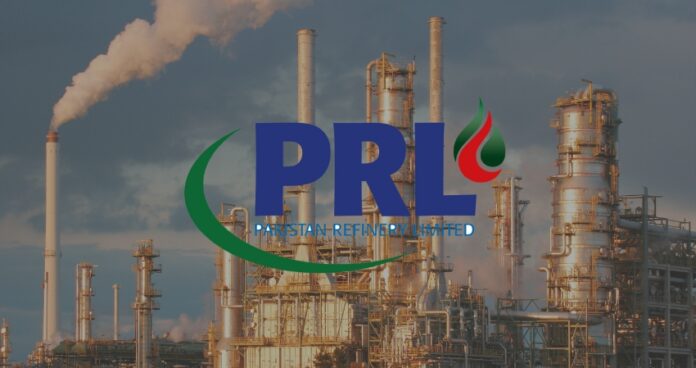ISLAMABAD: Pakistan Refinery Limited (PRL), a subsidiary of Pakistan State Oil Company Limited (PSO), reported a significant surge in its profit-after-tax (PAT), which soared by 123% to reach Rs4.06 billion for the financial year ending June 30, 2024. The remarkable increase was largely driven by a substantial rise in revenue, highlighting a successful year for the company.
In a notice to the Pakistan Stock Exchange (PSX) on Thursday, PRL announced that its board of directors met on August 21 to review the company’s financial and operational performance. Following the review, the board recommended a final cash dividend of Rs2 per share, signaling strong shareholder returns.
Earnings per share (EPS) for FY24 were recorded at Rs6.45, a significant jump from Rs2.90 in FY23, demonstrating the company’s improved profitability. The refinery’s revenue from contracts rose to Rs305.54 billion, marking a 16.68% increase compared to Rs261.86 billion in the previous year.
The company also saw its gross profit more than double, surging by 107% to Rs15.1 billion in FY24, compared to Rs7.3 billion in FY23. This robust performance was further supported by an increase in other income, which grew by 9% to Rs4.43 billion, up from Rs4.07 billion in the previous year.
However, the year was not without its challenges. PRL’s operating expenses more than doubled, rising to Rs6.76 billion in FY24, up from Rs2.44 billion in FY23. Despite this, the company’s operating profit still posted an impressive 46% increase, reaching Rs10.83 billion compared to Rs7.45 billion last year.
The refinery also managed to reduce its finance cost to Rs3.8 billion, down from Rs4.1 billion in FY23, contributing to an improved bottom line. The profit before tax from refinery operations stood at Rs7.07 billion, representing a 110% increase from Rs3.37 billion in the previous year.
PRL, which was incorporated in Pakistan as a public limited company in May 1960, currently has a refining capacity of approximately 50,000 barrels per day. The refinery processes crude oil into a variety of petroleum products, including furnace oil, high-speed diesel, kerosene oil, jet fuel, and motor gasoline, among others.
Despite the impressive financial performance, PRL has expressed concerns about the sustainability of its current business model, highlighting the challenges facing the refining industry.




